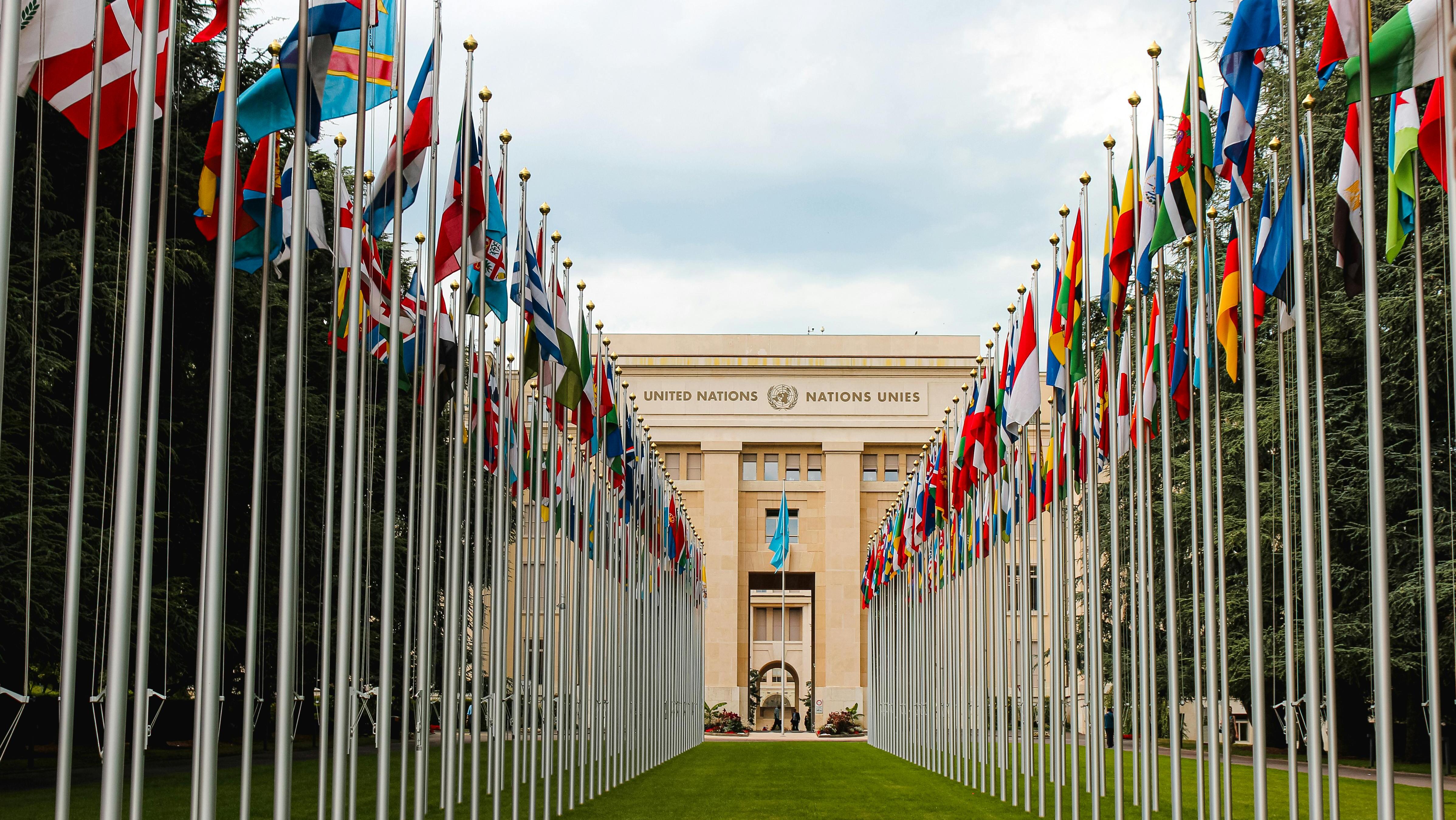Countries negotiating a global treaty to curb plastic pollution have adjourned their fifth session after failing to reach an agreement.
The fifth United Nationals Intergovernmental Negotiating Committee (INC-5) meeting in Bsan, South Korea was hoped to produce a legally binding global treaty.
Of the 170 nations, more than 100 of them advocated for a cap on plastic production but a handful of oil-producing countries were only willing to target waste.
Although an official agreement was not reached, executive director of the UN Environment Programme (UNE), Inger Anderson said the sessions in Busan brought them closer to developing a treaty that will protect our health, environment and future from the onslaught of plastic pollution.
“This week’s meeting has made good progress towards securing the deal the world demands,” Anderson said.
“Through the Busan talks, negotiators have reached a greater degree of convergence on the structure and elements of the treaty text, as well as a better understanding of country positions and shared challenges.
“But it is clear there is persisting divergence in critical areas and more time is needed for these areas to be addressed."
Following the end of INC-5, the Committee is expected to ask the Executive Director of UNEP to inform delegations of the venue for the resumed fifth session, including the Ambassador of Ecuador, Luis Vayas.
“We have many of the elements that we need, and Busan has put us firmly on a pathway to success,” he said.
“I call on all delegations to continue making paths, building bridges, and engaging in dialogue.
“Let us always remember that our purpose is noble and urgent: to reverse and remedy the severe effects of plastic pollution on ecosystems and human health.”
In its opening statement Australia said it hoped to finalise the legally binding instrument on plastic pollution and outlined what it believed to be the essential elements.
The elements included reducing plastic production and phasing out problematic plastic products, harmonising standards for plastic design, countries remediating existing plastic pollution and a financial mechanism to support the instrument's successful implementation.
Related content:
